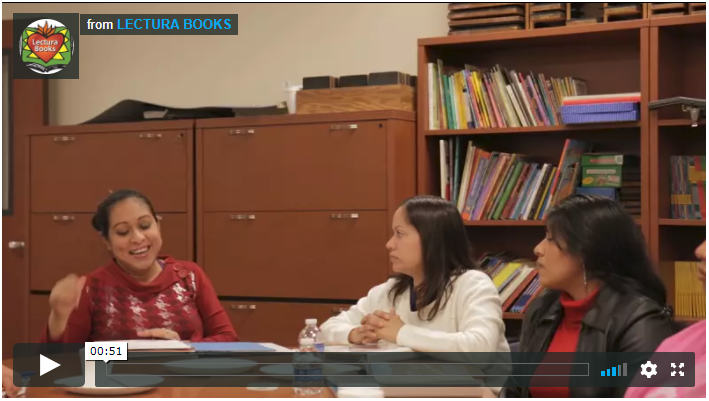Evidence-based Strategies that Work with Hispanic Parents 
The field of human services increasingly recognizes that many interventions, like parent training and marriage education, are designed mainly by and for a white, nonminority population, says OPRE, the Office of Planning, Research and Evaluation regarding evidence-based strategies that work with Hispanic parents. Therefore, human services providers need to be mindful of interventions that may not resonate with minority, nonwhite populations, it says.
Studies indicate that Hispanics, who are the fastest-growing population in the US, are the most at risk for negative family outcomes and that few family-strengthening programs have been adapted to fit their distinct cultural needs, OPRE states. As such, particular adaptations for the Hispanic population should be taken into consideration such as addressing issues of language, diversity, racism, immigration, along with constructs specific to their culture, like familismo, which means family first, the organization says. Research shows that Hispanics have more positive results when treatments are adapted to experiences, risk and protective factors unique to them, says the journal article “Bridging Diversity and Family Systems: Culturally Informed and Flexible Family Based Treatment for Hispanic Adolescents.”
In working with Hispanic parents and other minority families, the report “Evidence-Based Practices for English Learners” says that the most successful parent involvement programs are ones that are responsive to the cultural experiences of families, are sustained over time and are carried out in the home language. Of these, one of the best recommendations for parents of young children is to read to their kids at home.
Based on a review of research on parent involvement and the literacy achievement of English language learners (ELLs), home literacy experiences are associated with excellent literacy outcomes, says the report. However, it should be mentioned that questions have been raised about reading to kids in their native language when the language of instruction and assessment at school is English. Based on this concern, there is now enough ample evidence showing that instruction in a child’s first language (L1) absolutely supports academic performance and reading in the second language.
The Latino Family Literacy Project provides proven, cost-effective parent involvement programs and training for teachers who work with English learners. The training and literacy programs are designed to establish family reading routines for Spanish and English-speaking parents and their children at your school site. The Project introduces the teachers to a language acquisition method and a step-by-step literacy instruction process. It involves family reading, vocabulary development, and English-language development for parents and their children. Each program also includes built-in evaluations to meet ESSA requirements. Please contact The Latino Family Literacy Project to receive a free information kit with book samples to review at your leisure.
Ask us about our Remote Parent Programs via email. Request for Remote Program Details
